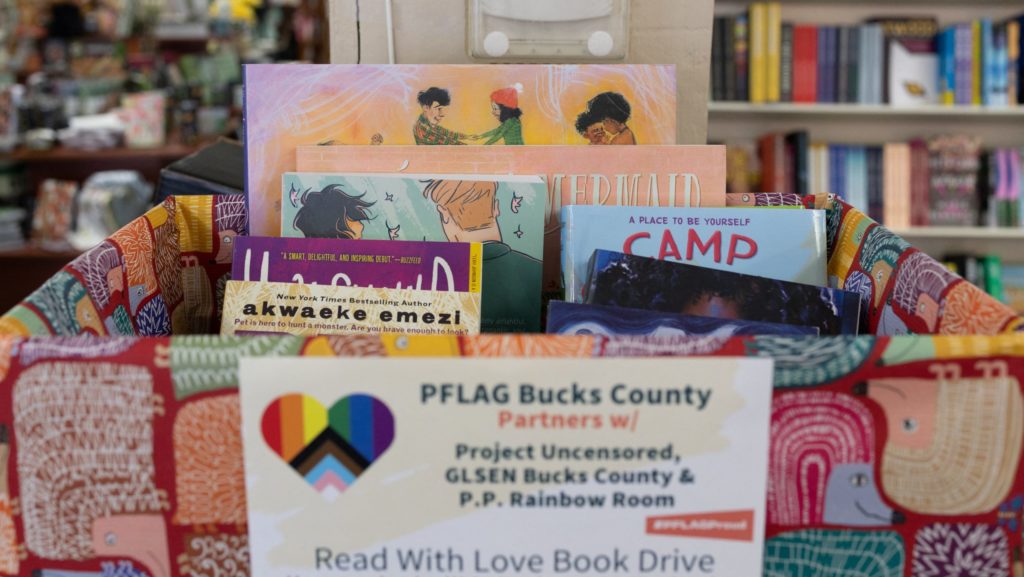The U.S. Supreme Court April 22 heard a case concerning a request from an interfaith group of Maryland parents to allow them to opt their children out of classroom instruction pertaining to books containing LGBTQ+ themes to which they object on religious grounds.
A coalition of parents sued Montgomery County Public Schools' board when it said it would not allow parents to opt out of instruction using some materials containing LGBTQ+ themes. According to court documents, some of the materials in question include the book "Love, Violet," which a Kirkus Review described as a "sweetly empathetic, child-friendly girl-girl romance."
The parents argued that the school board violated their First Amendment rights in doing so.
Previously, a federal judge found that Montgomery County Public Schools, Maryland's largest public school system and one of the country's most religiously diverse counties, does not have to give advance notice to parents so that they may opt their children out of classroom discussion and reading of books with LGBTQ+ themes while they pursue a challenge to the policy.
Eric Baxter, an attorney for Becket, a religious liberty law firm representing the parents, said his clients are a coalition including Catholics as well as other Christians, Muslims and Jews. He said during arguments that "our objection would be even to reading books that violate our clients' religious beliefs."
Baxter said those beliefs often include that children "shouldn't be exposed to information about sex during their years of innocence without being accompanied by moral principles, and here we have both books that violate their moral principles."
Principal Deputy Solicitor General Sarah Harris, representing the Trump administration, argued that "when the government forces people to choose between violating sincerely held religious beliefs or forgoing a public benefit, that burdens religious exercise."
Alan Schoenfeld, a lawyer for the school board, argued a previous opt-out policy became unmanageable for teachers. He further argued that exposure to ideas that contradict religious beliefs does not constitute coercion to change one's beliefs.
"This court has made clear that exposure to offensive ideas does not burden free exercise," Schoenfeld said. "MCPS makes explicitly clear students do not need to accept, agree with or affirm anything they read or anything about their classmates' beliefs or lives."
Justice Elena Kagan at one point pushed Baxter to clearly define when an opt-out should be permitted and questioned whether the court would create "opt-outs for everyone." But at another point, Justice Samuel Alito asked, "What is the big deal about allowing them to opt out of this?"
Kelley Robinson, president of the Human Rights Campaign Foundation, an LGBTQ+ advocacy group, said in a statement their "stories matter."
"They matter so students can see themselves and their families in the books they read–so they can know they're not alone," Robinson said. "And they matter for all students who need to learn about the world around them and understand that while we may all be different, we all deserve to be valued and loved. All students lose when we limit what they can learn, what they can read, and what their teachers can say. The Supreme Court should reject this attempt to silence our educators and ban our stories."
Baxter said in a statement, "In this country, we've always trusted families to decide when their kids are ready for sensitive topics."
"Children shouldn't be forced into conversations about drag queens, pride parades and gender transitions without their parents' permission," he said. "Today, we fought for common sense and parents' right to guide the upbringing of their children."
A decision in the case is expected by the end of the court's term, typically in June.

